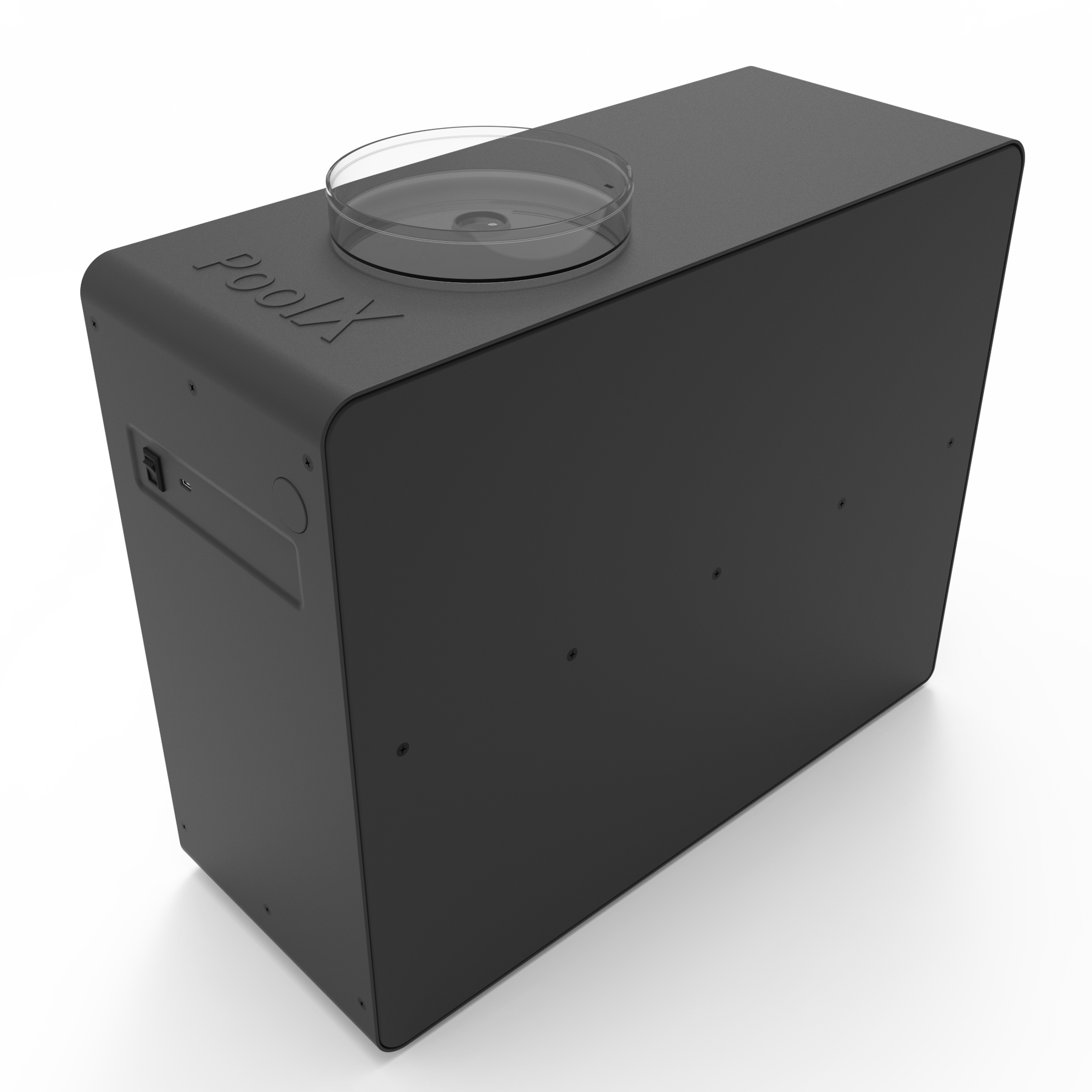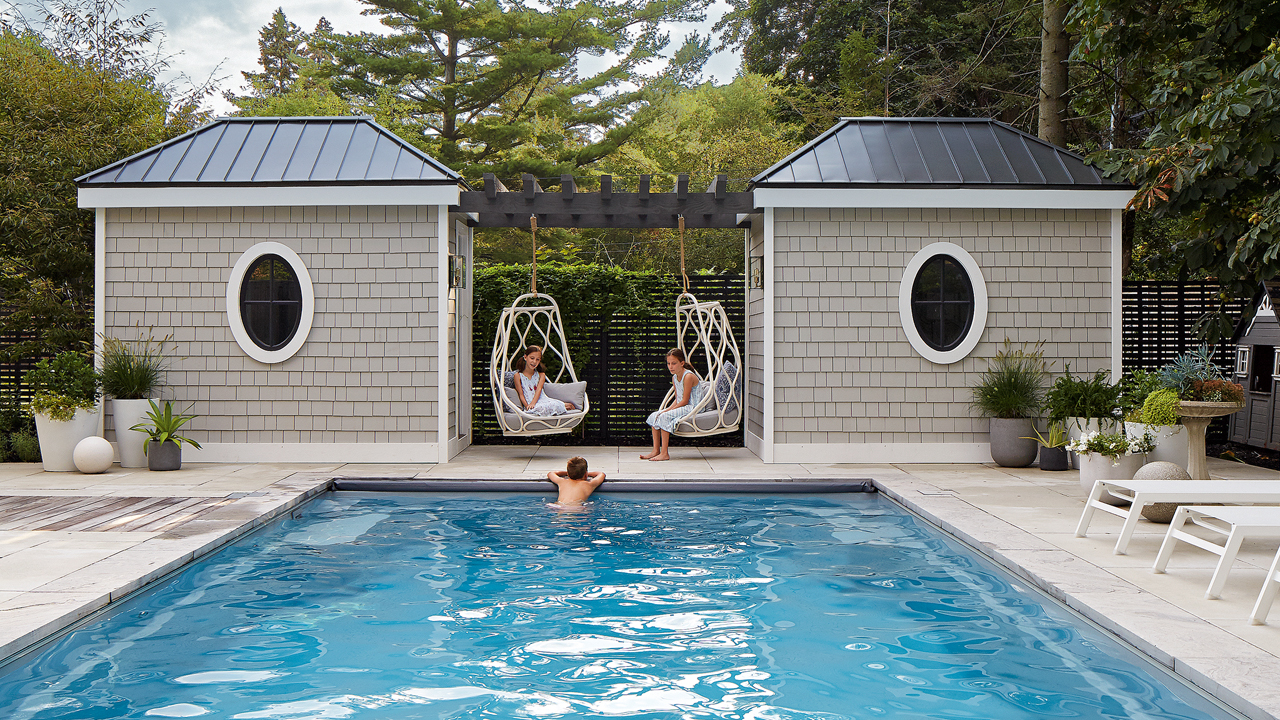Being a homeowner with a pool can be a delightful experience, but it also comes with its responsibilities. One of the primary concerns is determining how long should I run my pool pump each day. The correct operation of your pool pump is crucial to maintaining a clean and safe pool. This article aims to provide comprehensive insights into the optimal running time for a pool pump and the factors influencing this decision.

Why Running the Pool Pump is Crucial
The pool pump plays a vital role in the circulation and filtration of your pool water. It ensures that chemicals are evenly distributed, and debris is filtered out so that algae and bacteria do not thrive. Knowing how long should I run my pool pump each day is essential to maintaining the overall health and safety of your swimming pool.
Factors to Consider
When determining the ideal run time for your pool pump, several factors come into play:
- Pool Size: The larger the pool, the longer the pump will need to run to ensure proper circulation.
- Climate: Warmer climates may require longer pump operation times to combat algae growth.
- Usage: If the pool is frequently used, it will need more circulation to keep the water clean.
- Filtration System: Different filters have different requirements; check the manufacturer’s guidelines on pump run times.

Calculating Pump Run Time
Calculating pump run time requires understanding the turnover rate, which is the time it takes for the pump to circulate all the water in the pool once. Generally, a pool pump should ideally complete one full turnover in eight hours.
Here’s a simple formula to calculate the pump run time:
(Pool Volume in Gallons) / (Pump Flow Rate in Gallons per Minute) = Turnover Time in Minutes
Example Calculation
Suppose your pool holds 20,000 gallons of water, and the pump’s flow rate is 50 gallons per minute. The turnover time would be:
20,000 / 50 = 400 minutes (approximately 6.7 hours)

Energy Efficiency and Cost Management
Running your pool pump efficiently can significantly impact energy consumption and costs. Consider these tips to optimize energy efficiency:
- Use a Timer: Invest in a pool pump timer to automate pump run times, ensuring it operates during off-peak hours, which are generally cheaper.
- Variable Speed Pumps: Upgrade to a variable speed pump, which is more energy-efficient and allows you to adjust the flow rate.
- Regular Maintenance: Clean and maintain your pump and filter regularly to ensure they operate efficiently.
Seasonal Considerations
The optimal run time for your pool pump can vary with the seasons. In colder months, you may need to run the pump less frequently, while in warmer months or during peak pool usage times, the pump may need to run longer to maintain proper water quality.
Summer
During summer, the higher temperatures and increased use require more frequent circulation. Aim for at least 8-10 hours of pump operation daily.
Winter
In winter, when the pool is not in use, 4-6 hours of pump run time each day should suffice. This helps to keep the water from becoming stagnant and prevents algal growth.
Ensuring Proper Pool Maintenance
Running the pool pump is just one aspect of pool maintenance. To keep your pool in excellent condition, consider these maintenance tips:
- Regular Cleaning: Skim debris daily and vacuum the pool weekly.
- Check Chemical Levels: Test and adjust chemical levels regularly to maintain water quality.
- Inspect Equipment: Regularly inspect the pump, filter, and other pool equipment for any signs of wear or damage.
For a more extensive pool maintenance guide, check out our article on pool design.
Expert Recommendations
Many pool experts recommend running the pump longer during heavy pool use and adjusting the run time based on your pool’s unique needs. Consulting a pool professional can provide personalized recommendations based on your specific setup.
Professional Services
If you find it challenging to determine the correct run time for your pool pump, consider hiring a professional pool service. They can assess your pool system, recommend the ideal pump run time, and even handle regular maintenance tasks. You can learn more about home repairs and maintenance in our article on home repairs.
Common Myths and Misconceptions
There are several myths about pool pump operation that can lead to inefficiency and higher costs. Let’s dispel a few:
- Myth 1: Running the pump 24/7 is necessary.
- Myth 2: Shorter, intense pump runs are better than steady, longer runs.
- Myth 3: Pump run time is the only factor in pool cleanliness.
Understanding the facts can help you make informed decisions about your pool maintenance and save on energy costs.
FAQ
How do I know if my pool pump is running too long?
Signs that your pool pump is running too long include high energy bills and an overheated pump. If you notice these issues, consult a pool professional.
Can I run my pool pump at night?
Yes, running your pool pump at night can be more cost-effective if your energy provider offers lower rates during off-peak hours.
Is it okay to turn off my pool pump while swimming?
Yes, it is generally safe to turn off the pool pump while swimming. However, ensure that the water is properly balanced and clean before allowing swimmers into the pool.
As an Amazon Associate, I earn from qualifying purchases.

